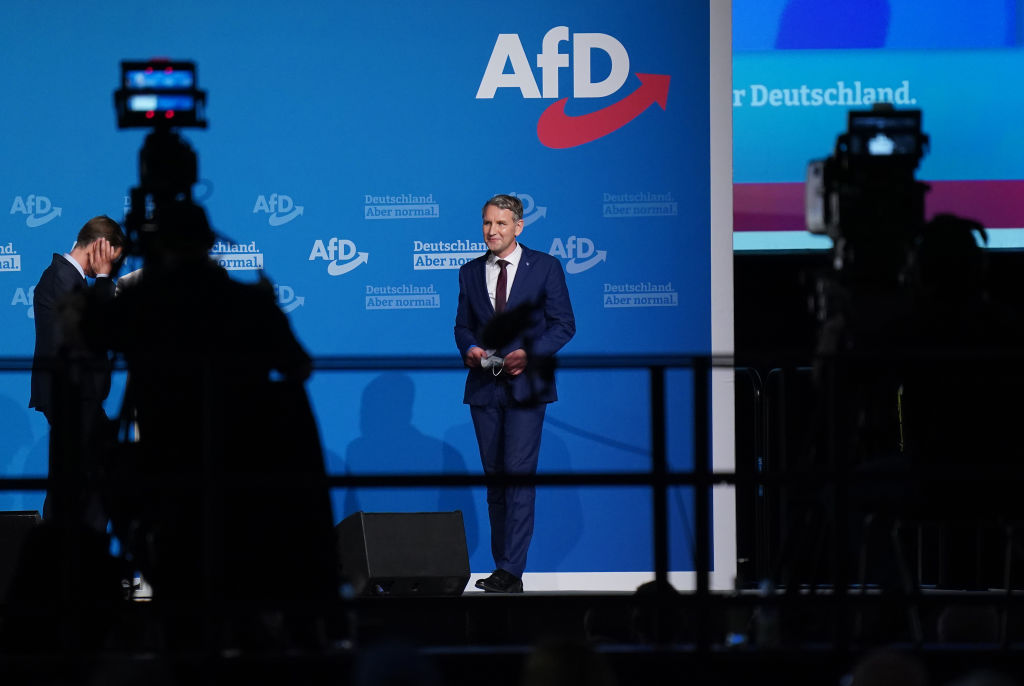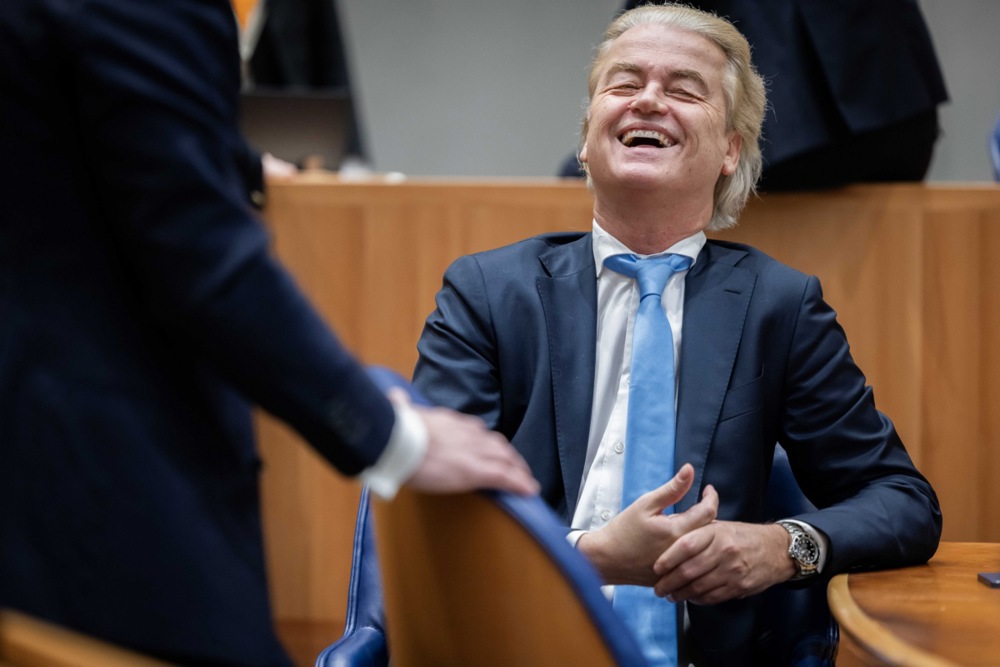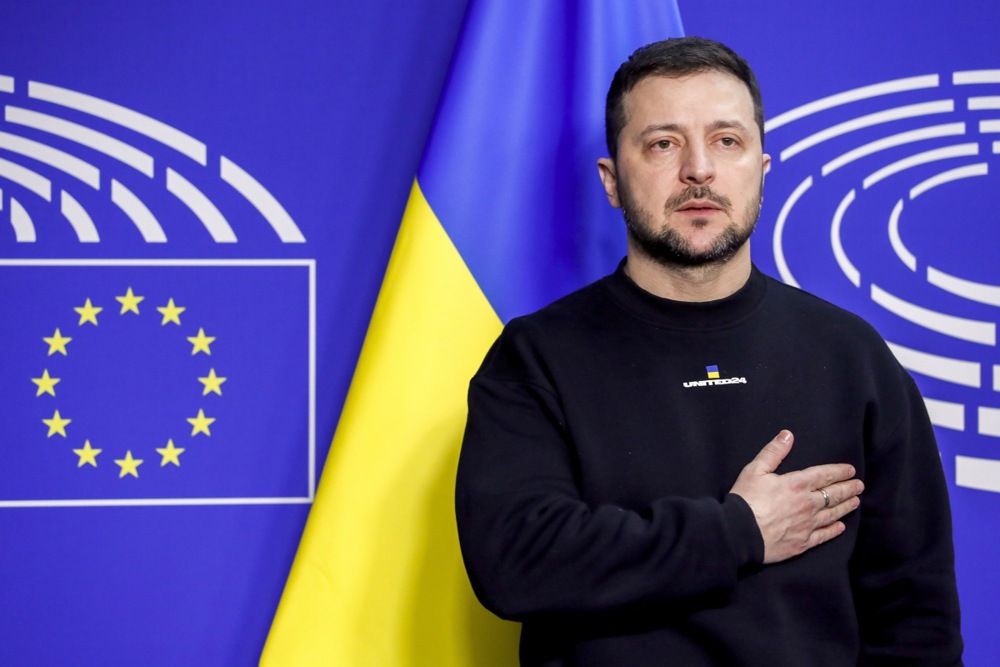In recent days, a flurry of articles has warned of an impending war with Russia, with the UK Army Chief talking about the potential need for the largest mobilisation since 1945. This rhetoric, however, was so unpopular that even a tone deaf politician like Rishi Sunak felt obliged to make clear that no general mobilisation is planned.
Western militaries find themselves in a recruitment crisis, but this is more a symptom than a cause of the problems they face.
Even at a smaller size, the forces of Western states still have a massive technological advantage, and neither the Russian nor the Chinese army would be a match.
Ukraine is a proxy war, but Kyiv’s international partners are still reluctant to deliver the most advanced high-tech equipment in large numbers. Moscow is well aware of this, which is why it remains highly unlikely that Putin will risk any direct confrontation with NATO.
He probably also knows, however, that the West no longer has the stomach for protracted conflicts.
Take Afghanistan: There, the war was won and the peace was lost. If the conflict with the Taliban had been waged through tank battles and air duels, they would not have stood a chance.
But as the British military strategist Sir Basil Liddell Hart observed 100 years ago, the primary goal of war is not the destruction of your enemy’s military, but his will.
And in this sense, the Taliban have proven to possess more stamina than their opponents. The West had Humvees and Black Hawks, while the Taliban had religion and ideology (although since the disastrous US withdrawal, they have the former as well).
Similarly, the idea that the West cannot diminish the Houthis in Yemen is laughable – not to do so is a political decision, nothing else.
On the long run, in the conflict with political Islam and others, ideology will matter more than most analysts are willing to admit: No society – no matter how materially saturated – can survive without a belief in its own values and a certain readiness to defend them with the use of force.
Contrary to what many believe, civilisation is not the abandonment of violence, but precision and control in its application.
Civilisation requires a minimum level of material prosperity, enough to allow some leisure and comfort, but not so much as to grow oblivious to the fact that the world is still a dangerous place that more often than not needs force to be kept in some form of order and not descend into complete chaos.
And in order to do so a civilisation requires confidence: confidence in the society one lives in, in the philosophy, the laws, the strength, the energy, and the vitality of one’s own civilization.
In the West, this confidence is increasingly dissolving and on the verge of disappearing, to be replaced by something that can only be described as cultural masochism. Throughout the entire West, statues are being torn down, streets renamed, and a historical cleansing is being pushed forward which will result in enforced historical amnesia.
From forgetting one’s own history to submitting to somebody else is only a small step: We accept without contradiction today when western female journalists wear headscarves in Islamic countries, yet we would never think of demanding that Muslim female journalists appear without a headscarf in the West.
One of the most courageous journalists of the 20th century, Oriana Fallaci, threw her chador at the feet of none other than Ayatollah Khomeini and called it an “idiotic, medieval rag”.
That was in 1979 – when Iranian President Rouhani visited Fallaci’s Rome in 2016, the Vatican covered up “naked statues” so as not to offend the visitor from Tehran. As an historical irony, by the way, Switzerland applied for the extradition of Fallaci in 2002 – on suspicion of Islamophobia in one of her last books.
Before the author of this column finds himself in court for alleged Islamophobia: I am neither for a burka nor a headscarf ban. At the same time, however, I am also against paying special respect to these outfits.
In a secular society, Islam is no more to me than the Rotarians or the Hannah Montana fan club. If a Star Wars fan decides to walk around all day in a Darth Vader costume (which is not unlike the burka), that’s his right – but he can also be sure of plenty of mockery and scorn from me.
The re-clericalisation of the public space by supposedly secular politicians is the biggest obstacle to reforming Islam. In one of his first speeches as US President, Barack Obama proclaimed in 2009 that, “The United States government has gone to court to protect the right of women and girls to wear the hijab and to punish those who would deny it”.
In the USA and Europe, honour killings of women occur yearly because they behave “too Western”, and this trend is unlikely to change quickly thanks to politicians like the former US President.
How can a 16-year-old Turkish girl explain to her father that she prefers to wear a miniskirt instead of a headscarf when even the most powerful man in the world obviously favors the latter?
In a sort of collective Stockholm syndrome, the West adopts the Islamist worldview under the label “Diversity”, thereby interpreting its own weakness as supposed strength.
Yale University Press released a book about the Muhammad cartoons from the Danish newspaper Jyllands-Posten of 2005. Yet in the book about the cartoons, not a single one of the caricatures is found, because it aims to protect the feelings of Muslims.
But the motivation was naturally different: Especially after the attacks on Charlie Hebdo and the Danish cartoonists, there was also panic at Yale about potentially becoming a target of Islamist attacks.
However, moral self-aggrandisement sounds better than an admission of cowardice.
What borders on satirical reality is actually a side of a good cop – bad cop routine with Islamist fundamentalists on one hand, and woke do-gooders on the other.
And exactly in the middle are those Muslims who had hoped for a self-determined life in the West: Ayaan Hirsi Ali, Hamed Abdel-Samad, Maajid Nawaz, Seyran Ateş are just a few Muslim reformers who have to defend themselves against the religious as well as the woke fundamentalists.
This is the battle that really counts, and it will not be won by tanks and ships, but by those who have more confidence in their civilization.
A West that has given up on itself does not necessarily need Islamists to finally push it over the cliff, sometimes it is enough to fall asleep woke and forget to wake up.






More religion than science: To understand today’s climate alarmists read a long-dead Austrian economist, Joseph Schumpeter